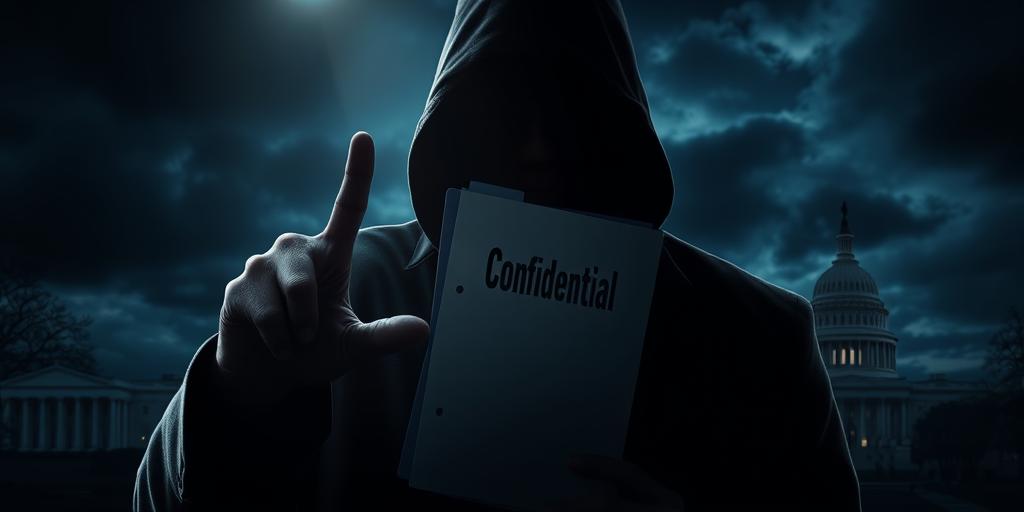Have you ever felt like something's just not right? Like there's a secret hidden beneath the surface of political events? If so, you're not alone. From the shocking revelations of Watergate to the tumultuous era of Russiagate, American history is peppered with political scandals that have shaken public trust and left citizens questioning the truth. Prepare to delve into the murky waters of political cover-ups, where lies and deception are as common as headlines! This exploration delves into the fascinating and often frustrating legacy of political cover-ups in America, uncovering some disturbing patterns.
Watergate: The Mother of All Cover-Ups
The name "Watergate" is synonymous with political scandal. This infamous incident involved the Nixon administration's attempt to cover up a break-in at the Democratic National Committee headquarters in the Watergate Hotel. This wasn't just any break-in; it was a sophisticated operation with ties to the highest levels of power, including President Nixon himself. The subsequent investigation exposed a culture of deceit, abuse of power, and ultimately, the downfall of a president. The Watergate scandal wasn't just about a break-in; it exposed a far deeper problem: a willingness to lie, cheat and abuse power to maintain control. Watergate spawned countless books, films, and documentaries, all eager to dissect the layers of deception. Many argue that Watergate's long shadow still looms over modern American politics, highlighting the ongoing battle between transparency and secrecy in governance. The sheer audacity of the cover-up, the lengths to which Nixon and his administration went to silence dissent, remains a chilling lesson in the dangers of unchecked power. Examining the Watergate tapes and the testimony from those involved offers a deep dive into the intricate web of lies and the eventual unraveling of the conspiracy.
The Unraveling of the Conspiracy
The Watergate scandal wasn't just about the break-in itself. It was about the elaborate cover-up that followed, involving obstruction of justice, witness tampering, and the destruction of evidence. The sheer scale of the cover-up is what makes Watergate so shocking and memorable. It demonstrated just how far those in power would go to protect themselves, and how easily the truth can be buried when powerful interests are at stake. This conspiracy touched many lives and left a significant impact on US politics. The events highlighted a deep-seated issue: the willingness of those in positions of power to engage in unethical and unlawful actions to maintain control.
The Russiagate Controversy: A Modern Mystery
Fast forward to the present day, and we find ourselves grappling with another major political scandal: Russiagate. This complex affair centered around allegations of Russian interference in the 2016 US presidential election and potential collusion between the Trump campaign and Russian officials. The investigation was extensive, resulting in numerous indictments and convictions, however, the central question of collusion and the scope of Russian interference remained contentious and hotly debated. Russiagate has been a divisive political issue, with some arguing that it was a legitimate investigation into foreign interference, while others claiming it was a politically motivated witch hunt. Regardless of where one stands, it's undeniable that Russiagate, like Watergate before it, sparked a national conversation about the transparency and integrity of American politics.
Comparing Watergate and Russiagate: Lessons Learned?
Both Watergate and Russiagate involved attempts by those in power to obstruct investigations and conceal their actions, demonstrating a recurring pattern in American political history. Both scandals damaged public trust in government and highlighted the challenges of holding powerful individuals accountable. They also illuminated the ongoing battle between transparency and secrecy, a tension that's arguably inherent in the workings of any political system. The similarities between these two events, separated by decades, are striking. It begs the question, have we truly learned from history, or are these scandals simply recurring symptoms of a deeper systemic problem within the nation's political structure?
The Enduring Impact of Political Cover-Ups
Political cover-ups have far-reaching consequences, eroding public trust, undermining democratic institutions, and creating an environment of cynicism and distrust. When those in power prioritize self-preservation over truth and accountability, it breeds disillusionment and apathy among citizens. This disengagement from civic participation can weaken the very foundations of democracy. The legacy of these scandals serves as a reminder of the constant vigilance required to protect democratic values and ensure accountability. Cover-ups, whether successful or ultimately exposed, leave a lasting stain on the political landscape, influencing public perception of institutions and leaders for years to come.
Moving Forward: Ensuring Transparency
To prevent future cover-ups, increased transparency and accountability are essential. Strengthening oversight mechanisms, promoting whistleblowing protections, and fostering an independent media are crucial steps in safeguarding democratic principles and maintaining public trust. Promoting media literacy, educating citizens about the importance of verifying information, and critically evaluating news sources are important steps in combatting misinformation and disinformation campaigns designed to obscure the truth.
Ultimately, the fight against political cover-ups is a continuous battle against the inherent tendency of power to conceal itself. By remaining vigilant and demanding transparency, we can help to ensure that the lessons learned from Watergate and Russiagate are not forgotten and that the truth, however uncomfortable, always prevails.
Want to stay informed about the latest political developments and investigations? Sign up for our newsletter today!









